
Discover the Charms of Hawalli: Kuwait's Hidden Gem
Nestled in the heart of Kuwait, Hawalli is a vibrant city known for its rich cultural heritage and bustling urban life. As one of the most prominent areas in the country, it serves as a hub for shopping, dining, and entertainment. The city is a blend of modernity and tradition, offering a unique experience for every visitor. Hawalli boasts a variety of attractions, from its lively markets to its serene parks. The city is famous for its electronics souk, where tech enthusiasts can find the latest gadgets and gizmos. For those who enjoy a quieter pace, the parks and waterfronts offer a peaceful retreat. The city's diverse culinary scene is a treat for food lovers, with a range of restaurants serving everything from traditional Kuwaiti dishes to international cuisine. The warm and welcoming locals add to the city's charm, making it a memorable destination for tourists. Whether you're exploring the busy streets or relaxing in one of the many cafes, Hawalli offers a unique glimpse into Kuwait's urban lifestyle.
Local tips in Hawalli
- Visit the electronics souk early in the day to avoid crowds and get the best deals.
- Try local Kuwaiti dishes at small, family-run restaurants for an authentic culinary experience.
- Take a stroll in the evening along the waterfront for a relaxing end to your day.
- Use public transportation or taxis to navigate the city easily and efficiently.
- Learn a few basic Arabic phrases to enhance your interactions with the friendly locals.
When is the best time to go to Hawalli?
Iconic landmarks you can’t miss
Kuwait Towers
Discover the breathtaking views and rich heritage at Kuwait Towers, a must-see landmark in Kuwait City offering a unique cultural experience.
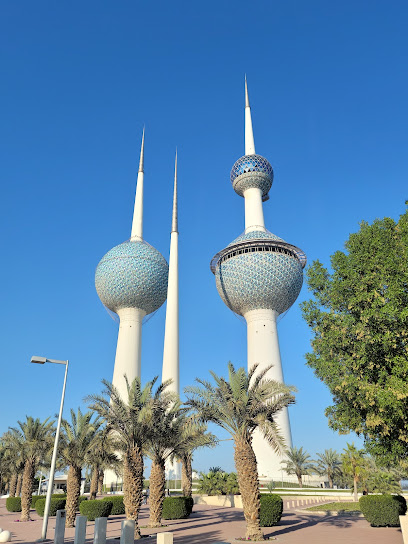
Al Shaheed Park
Discover the serene beauty of Al Shaheed Park, Kuwait City’s largest urban park, where nature meets culture in a stunning landscape.
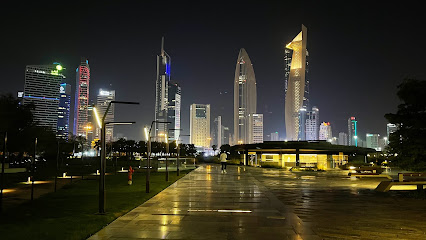
Boulevard Park
Discover Boulevard Park in Salmiya, Kuwait, a green paradise featuring beautiful gardens, recreational activities, and cultural events perfect for all tourists.
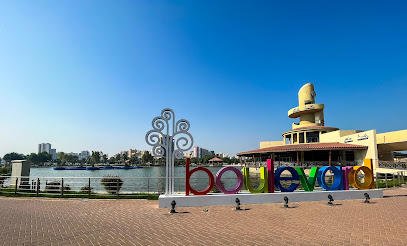
Sheikh Abdullah Al Salem Cultural Centre
Immerse yourself in Kuwait's history and culture at the Sheikh Abdullah Al Salem Cultural Centre, a vibrant hub of art and knowledge.
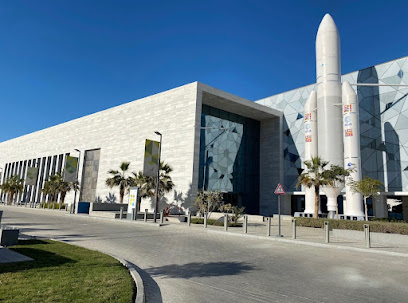
Jaber Al-Ahmad International Stadium
Explore Jaber Al-Ahmad International Stadium, Kuwait's premier sports venue, offering thrilling soccer matches and vibrant cultural events year-round.
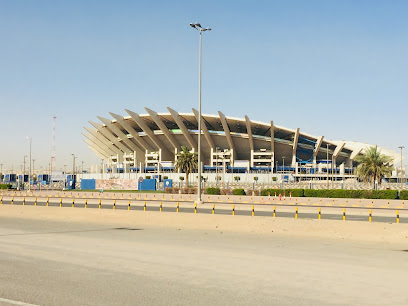
The Scientific Center
Explore, Learn, and Discover at The Scientific Center in Salmiya – A Family-Friendly Science Museum, Aquarium, and IMAX Theater.
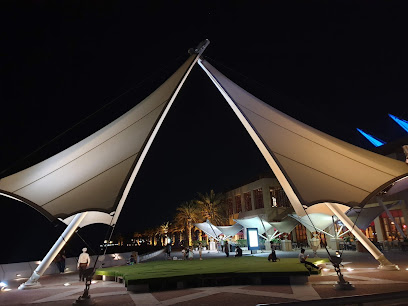
Hawally Park
Experience endless fun and excitement at Hawally Park, Kuwait's ultimate amusement destination for families and thrill-seekers.
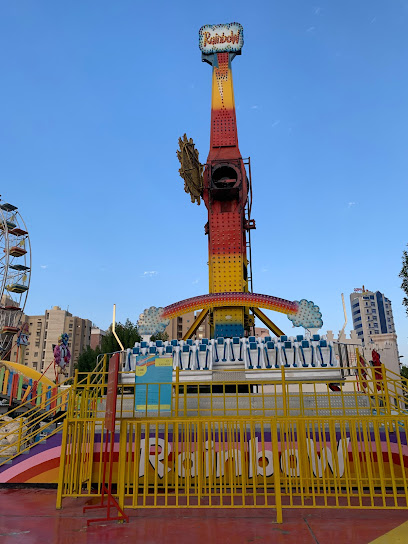
Sheikh Jaber Al-Ahmad Cultural Centre
Discover the artistic heart of Kuwait at the Sheikh Jaber Al-Ahmad Cultural Centre, where modern architecture meets rich cultural offerings.
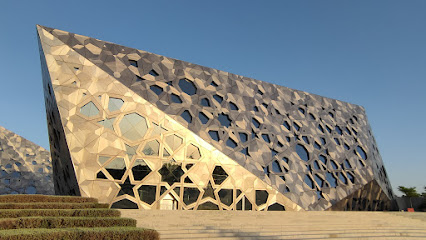
Liberation Tower
Discover the breathtaking views and rich history at the iconic Liberation Tower in Kuwait City, a symbol of national pride and resilience.
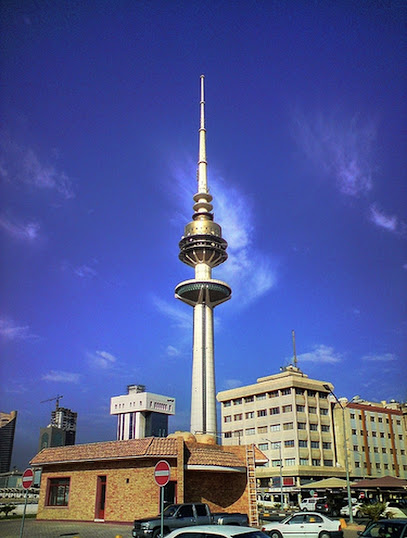
Grand Mosque of Kuwait
Discover the awe-inspiring Grand Mosque of Kuwait, a testament to Islamic architecture and a serene oasis in the heart of Kuwait City.
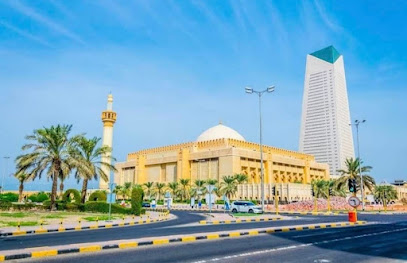
Green Island
Explore the serene beauty and recreational delights of Green Island, a top tourist attraction in Kuwait City offering stunning views and lush landscapes.
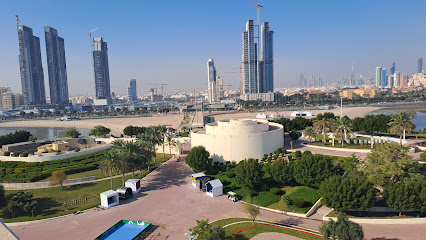
ibis Kuwait Salmiya
Discover the heart of Kuwait from ibis Kuwait Salmiya, your comfortable retreat with modern amenities and easy access to local attractions.

Holy Family Cathedral
Discover the architectural beauty and spiritual tranquility of Holy Family Cathedral, a key landmark in Kuwait City, blending faith with cultural heritage.
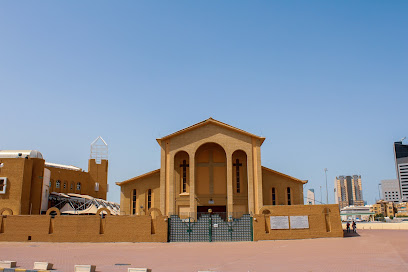
Bayan Palace
Explore the majestic Bayan Palace in Hawally, a stunning governmental landmark showcasing Kuwaiti heritage and captivating architecture.
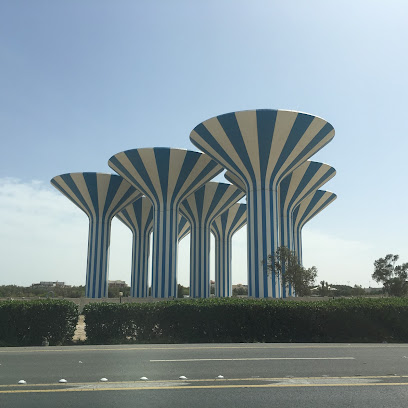
Bait Al Othman Museum
Uncover the rich history of Kuwait at Bait Al Othman Museum, where culture, art, and heritage come together in a captivating journey.
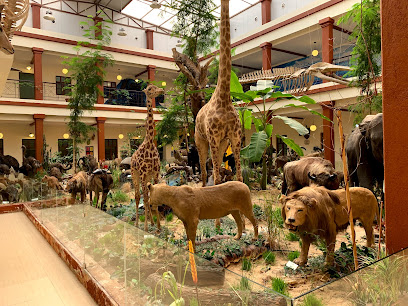
Unmissable attractions to see
Kuwait Towers
Discover Kuwait Towers, where modern architecture meets rich heritage, offering stunning views and a taste of Kuwaiti culture.
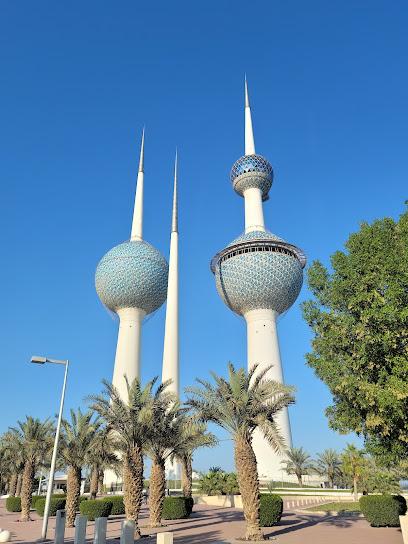
Al Shaheed Park
Discover the beauty of Al Shaheed Park in Kuwait City, a perfect blend of nature and culture with museums, gardens, and recreational spaces for all.
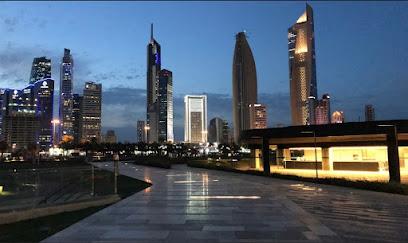
Kuwaiti Fresh Fish Market
Explore the vibrant Kuwaiti Fresh Fish Market, where the freshest seafood meets rich local culture in a bustling atmosphere.
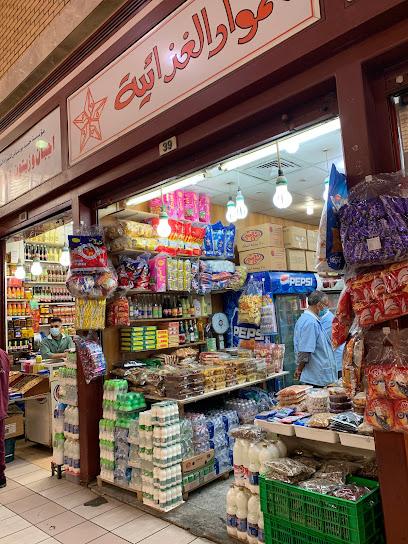
The Scientific Center
Experience marine life and science at The Scientific Center in Salmiya, a captivating destination featuring an aquarium, IMAX theater, and interactive exhibits.
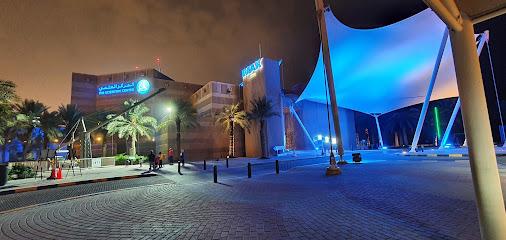
Sheikh Jaber Al-Ahmad Cultural Centre
Discover the architectural beauty and rich cultural offerings of the Sheikh Jaber Al-Ahmad Cultural Centre in Kuwait City.
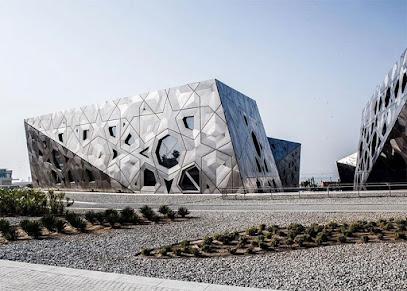
Liberation Tower
Explore the stunning Liberation Tower, a national landmark in Kuwait City that embodies the spirit of freedom and offers breathtaking views of the city.
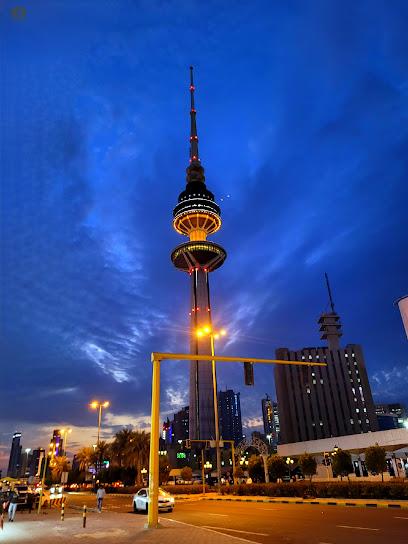
Grand Mosque of Kuwait
Explore the Grand Mosque of Kuwait, an architectural marvel and cultural treasure, where history and spirituality intertwine in breathtaking splendor.
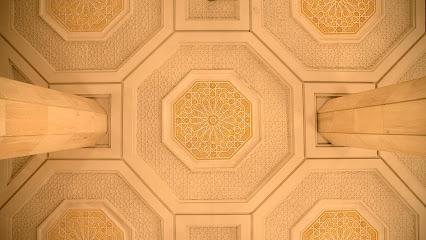
Bait Al Othman Museum
Explore the rich cultural heritage of Kuwait at Bait Al Othman Museum in Hawally, featuring diverse artifacts and engaging exhibits.
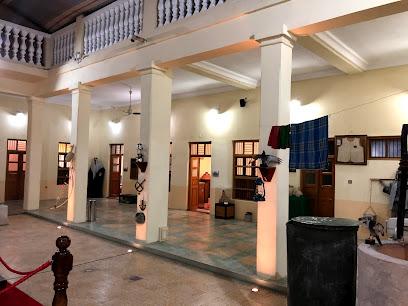
Al-Qurain Martyrs Museum
Explore the poignant history of the Gulf War at Al-Qurain Martyrs Museum, a must-visit for understanding Kuwait's fight for freedom.
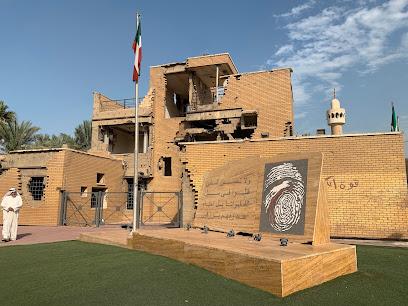
Kuwait National Museum
Explore the rich history and culture of Kuwait at the Kuwait National Museum, featuring artifacts and exhibits that narrate the country's extraordinary journey.
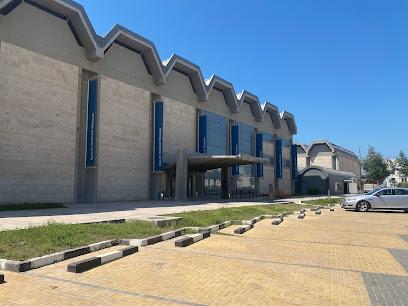
Hawally Public Park
Experience the lush landscapes and tranquil atmosphere of Hawally Public Park, a green oasis perfect for relaxation and family fun in Kuwait City.
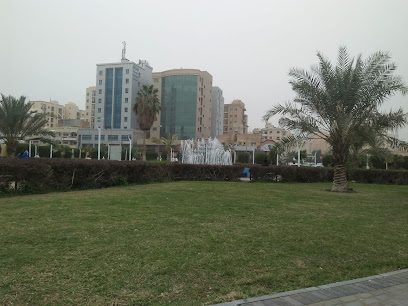
KOC Ahmed Al Jaber Oil & Gas Exhibition
Explore the dynamic history and future of Kuwait's oil and gas industry at the KOC Ahmed Al Jaber Exhibition, an engaging and informative experience for all visitors.
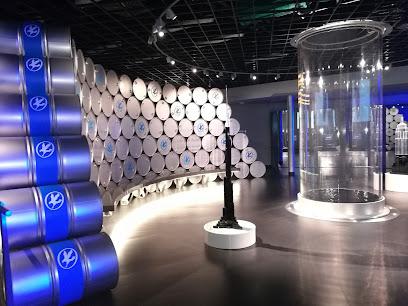
The Americani Cultural Centre - Dar al-Athar al-Islamiyah
Explore the artistic legacy and cultural richness of the Islamic world at The Americani Cultural Centre, Kuwait's premier cultural hub.
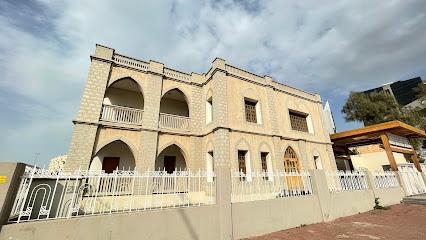
Failaka Island
Experience the breathtaking beauty and rich history of Failaka Island, a must-visit destination near Kuwait where culture and adventure converge.
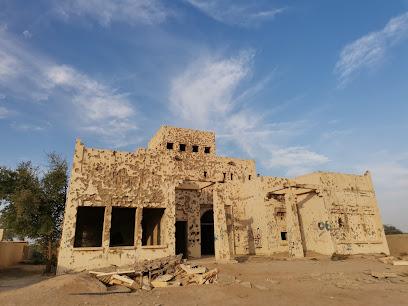
Tareq Rajab Museum of Islamic Calligraphy
Immerse yourself in the rich heritage of Islamic calligraphy at the Tareq Rajab Museum in Jabriya, where art meets history.
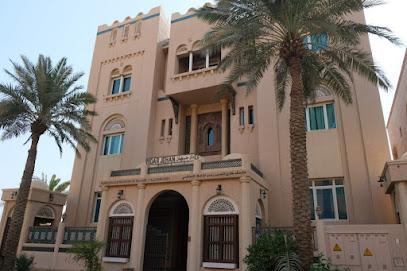
Essential places to dine
Arabiata Hawaly
Experience authentic Egyptian cuisine at Arabiata Hawaly - where every meal tells a story.
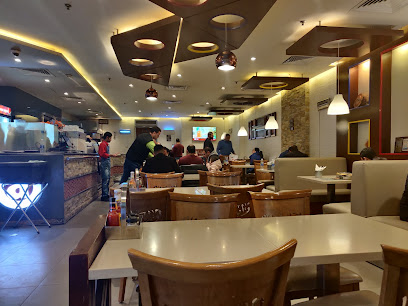
شركة مطعم وحلويات هاشم هاشم
Discover the rich tastes of Lebanese cuisine at Hashim Hashim Restaurant in Hawally – where every dish tells a story.
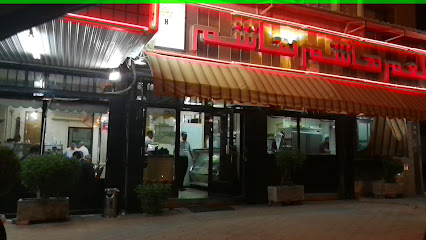
Mughal Mahal Hawally
Discover authentic Indian cuisine at Mughal Mahal Hawally – where every dish tells a story of tradition and flavor.
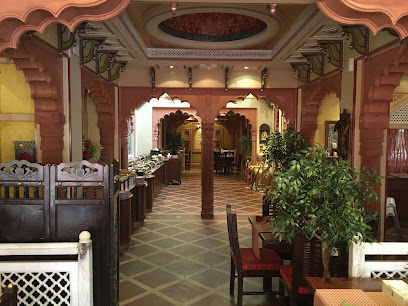
Pizza Hut
Enjoy delicious pizzas at Pizza Hut in Hawally - perfect for family meals and casual get-togethers.
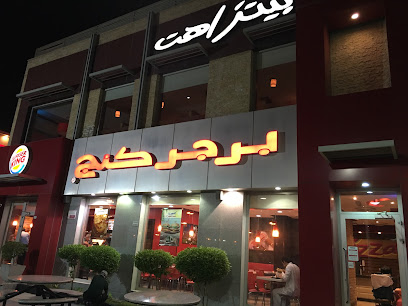
Istanbul Grill Hawally
Experience authentic Turkish cuisine at Istanbul Grill Hawally – where every meal is a celebration of flavor and tradition.
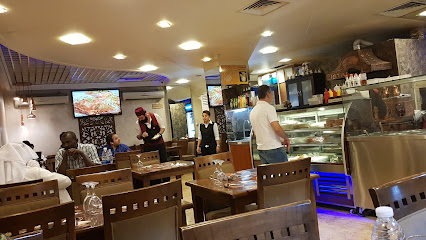
Khyber Restaurant
Savor authentic Indian and Pakistani cuisine at Khyber Restaurant in Hawally - a culinary haven for flavor enthusiasts.
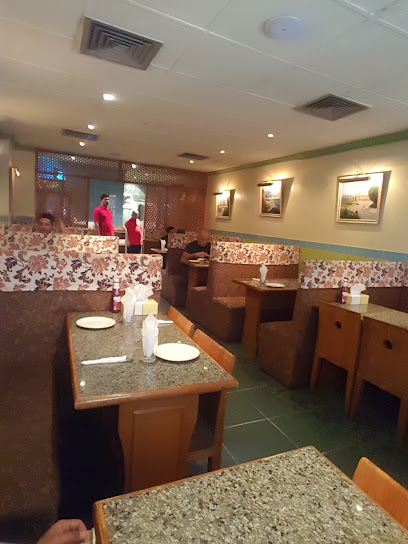
مطعم كساب التركي Kasap Turkish Steakhouse
Experience the rich flavors of Turkey at Kasap Turkish Steakhouse in Hawally, where every dish tells a delicious story.
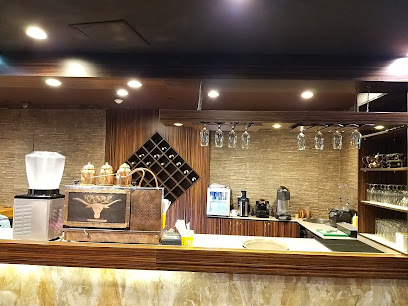
Gulf Royal Chinese Restaurant
Experience authentic Chinese cuisine at Gulf Royal Chinese Restaurant in Hawally - a must-visit destination for food lovers seeking rich flavors.
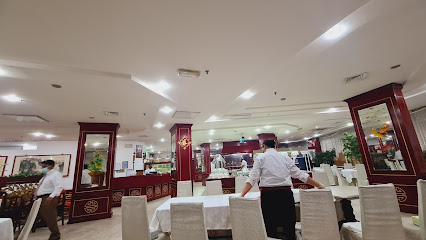
Al-Domary Restaurant
Discover authentic Middle Eastern cuisine at Al-Domary Restaurant in Hawally – where flavor meets tradition in every dish.
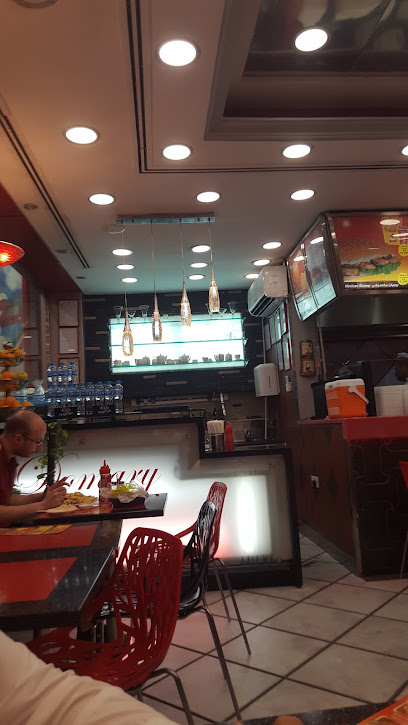
Shrimpy - Hawally Park
Experience fresh seafood delights at Shrimpy - Hawally Park, where fast food meets quality dining in Kuwait's vibrant Hawally district.
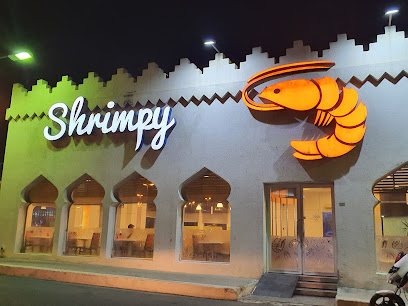
Lunch Room Hawally
Experience the best of Kuwaiti cuisine at Lunch Room Hawally - where traditional flavors meet modern dining in the heart of Kuwait City.
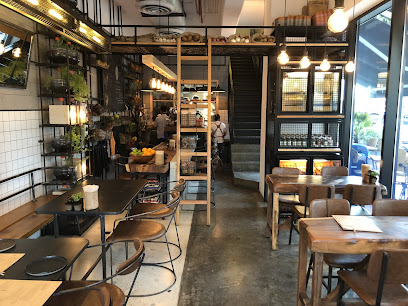
Zad AL-Kheir Restaurant
Experience authentic Kuwaiti flavors at Zad Al-Kheir Restaurant in Hawally – a must-visit culinary destination for every traveler.
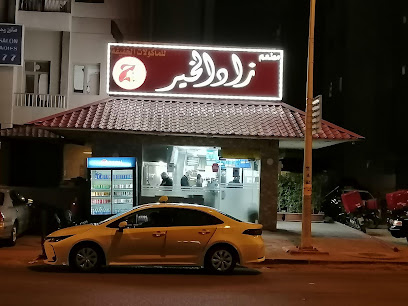
Bombai Gate Restaurant
Experience authentic Indian flavors at Bombai Gate Restaurant in Hawally – a top spot for breakfast and beyond!
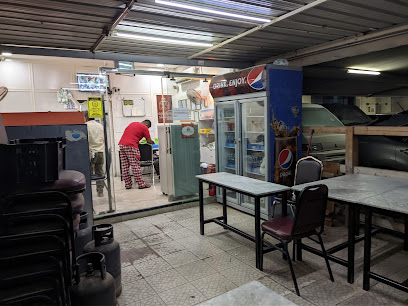
Haya restaurant Hawalli
Discover the essence of Indian flavors at Haya Restaurant in Hawalli – a must-visit culinary destination for food enthusiasts.
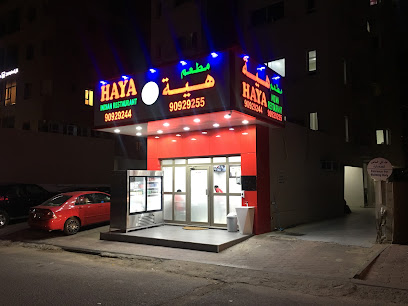
RR Spicy Restaurant
Experience a delightful fusion of Indian, Chinese, Filipino & Nepalese cuisines at RR Spicy Restaurant in Hawally.
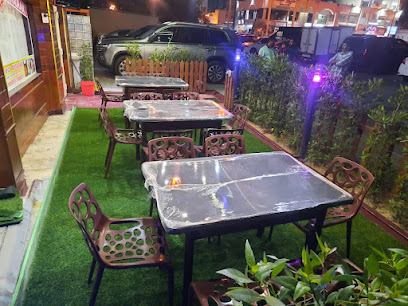
Markets, malls and hidden boutiques
Al Bahar Center
Experience the vibrant shopping scene at Al Bahar Center, the premier destination for retail therapy in Hawally, Kuwait.
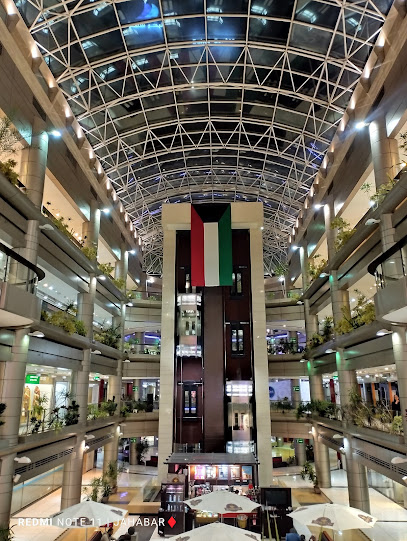
Al Fanar Mall
Explore Al Fanar Mall in Salmiya, Kuwait—a shopping haven with chic boutiques, diverse dining, and a vibrant atmosphere perfect for tourists.
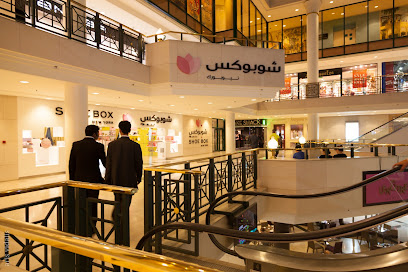
The Promenade Mall
Explore The Promenade Mall in Hawally for an unforgettable shopping and dining experience, blending culture and convenience in one stunning location.
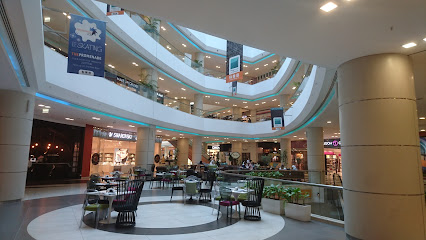
Sultan | Hawally
Discover a world of flavors at Sultan Supermarket in Hawally, where quality groceries meet exceptional service in a vibrant shopping environment.
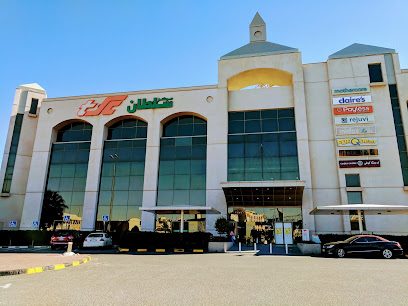
Montania Muhallab مونتانيا المهلب
Discover Montania Muhallab, Kuwait City's premier clothing store and shopping mall, offering a vibrant mix of local and international fashion.
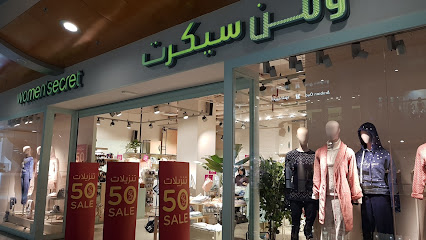
eMall
Discover the vibrant eMall in Hawally, a premier shopping destination combining retail therapy, dining, and entertainment for an unforgettable experience.
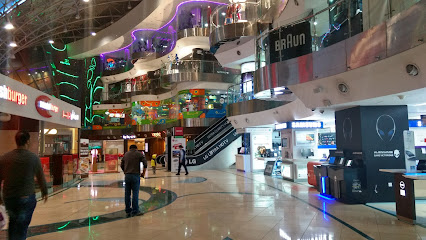
Al-Adasani Complex
Experience vibrant shopping, dining, and entertainment at Al-Adasani Complex in Hawally, the ultimate destination for tourists in Kuwait.
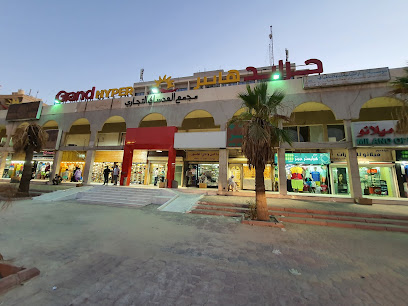
Northern Nugra Mall
Discover Northern Nugra Mall, the ultimate shopping and entertainment hub in Hawally, Kuwait, with diverse retail options and delightful dining experiences.
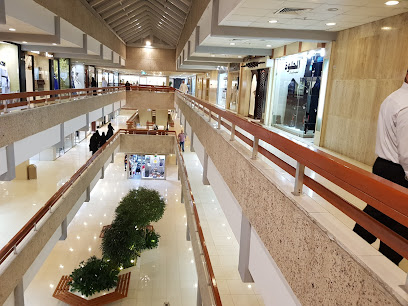
Beirut Mall
Explore Beirut Mall in Hawally, Kuwait, your ultimate shopping destination with diverse stores, delightful dining, and exciting entertainment options.
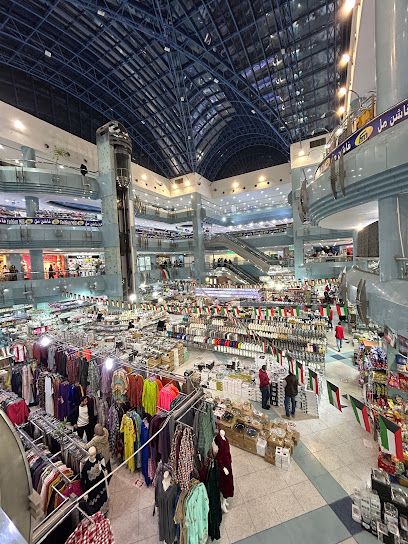
Almoallem Market
Explore Almoallem Market in Hawally, a vibrant shopping hub offering a mix of traditional and modern goods, perfect for every tourist's shopping experience.
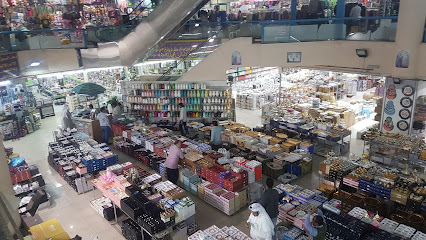
VIP Centre (Hawally)
Experience shopping at its finest at the VIP Centre in Hawally, where style meets convenience for the whole family.
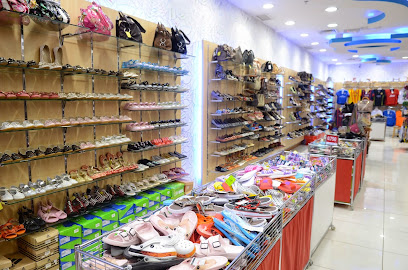
Patchi-Hawalli
Experience luxury and flavor at Patchi-Hawalli, where every chocolate and sweet tells a story of indulgence and passion.
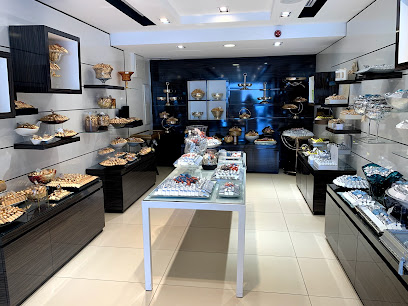
Cavaraty Office مقر الادارة
Explore a unique shopping experience at Cavaraty Office, offering a wide range of office accessories, gifts, and authentic Kuwaiti souvenirs.
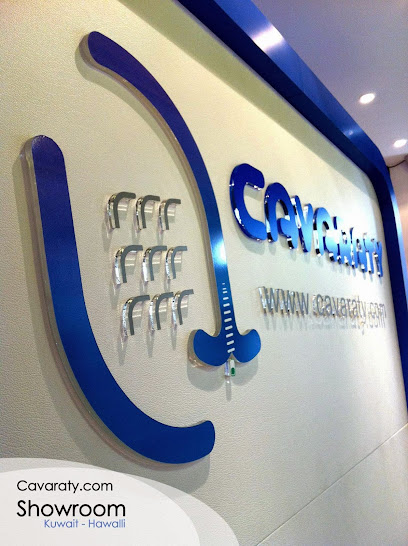
Azgardian Comics
Discover Azgardian Comics in Kuwait City, your ultimate comic book destination with a vast selection of titles and collectibles.
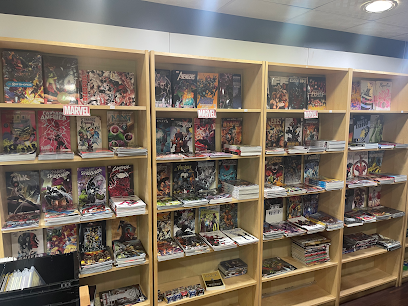
Shapes Boutique
Discover stylish and comfortable children's apparel at Shapes Boutique, where fashion meets fun in the heart of Hawally.
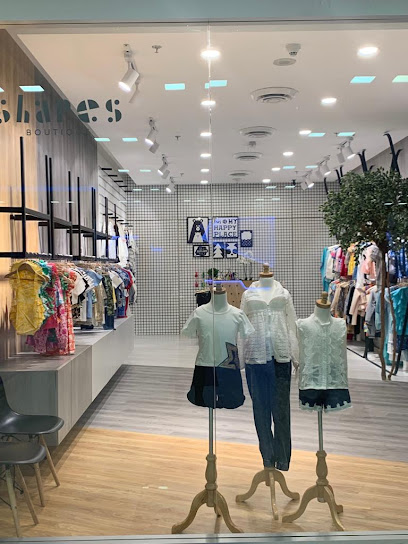
Essential bars & hidden hideouts
Gamma Game Gaming Cafe & Lounge
Discover the ultimate gaming haven at Gamma Game Gaming Cafe & Lounge in Salmiya, offering endless entertainment and a vibrant community atmosphere.
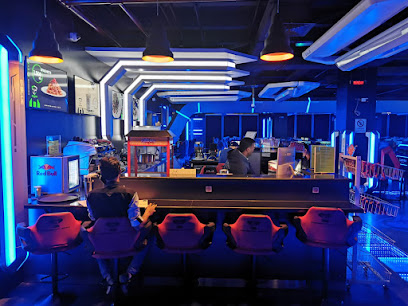
Gio lounge
Experience a delightful blend of culinary excellence and cozy ambiance at Gio Lounge in Kuwait City, where every meal is a celebration.
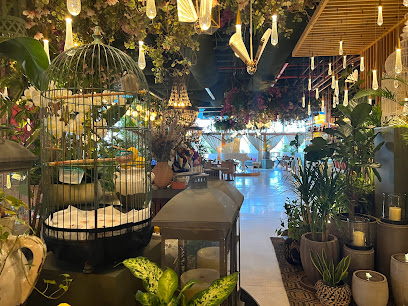
No.21
Discover No.21, a chic lounge in Kuwait City, where stylish ambiance meets a diverse drink selection for an unforgettable night out.
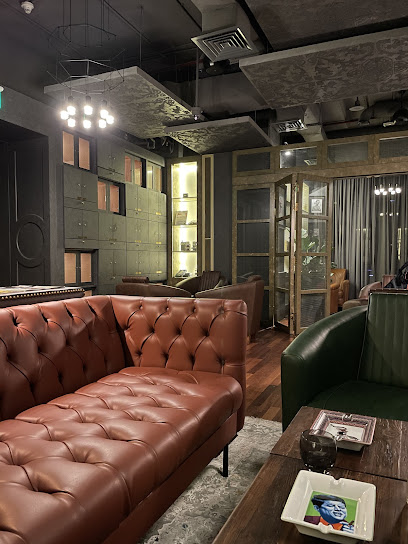
77 Josper Bar
Indulge in the rich flavors of expertly grilled cuisine at 77 Josper Bar, a top dining destination in the heart of Kuwait City.
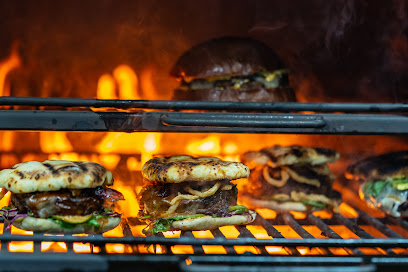
12.22 Lounge
Experience the vibrant atmosphere and unique drinks at 12.22 Lounge in Kuwait City, a perfect spot for relaxation and socializing.
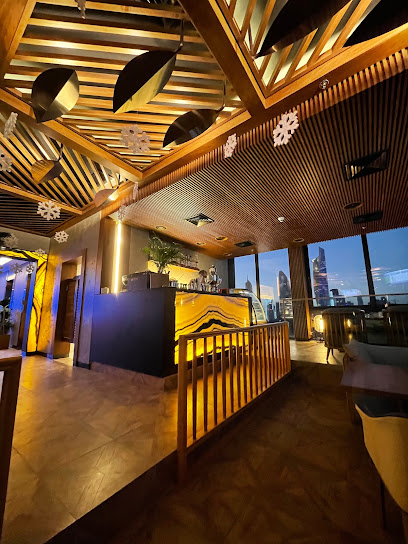
Genki Bar And Pub
Discover the lively Genki Bar And Pub in Kuwait City, your go-to spot for drinks, music, and unforgettable nightlife experiences.
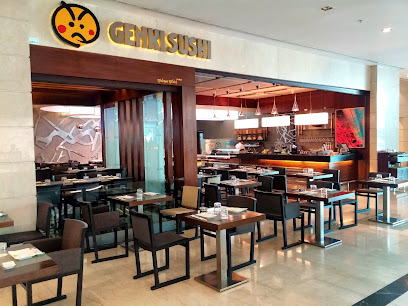
Macchiarte lounge
Discover the elegance of Macchiarte Lounge in Kuwait City, where style meets comfort in a chic ambiance, perfect for relaxation and socializing.
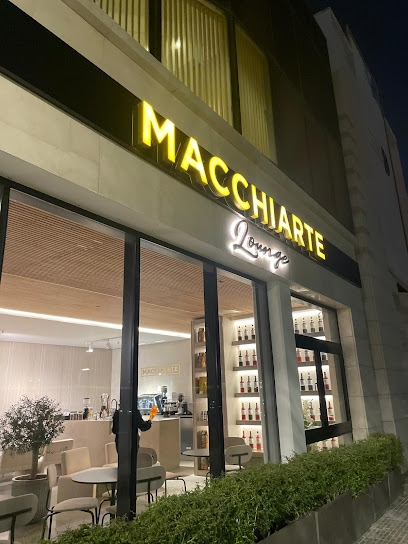
Oxio Poolside Lounge & Bar
Experience exquisite dining and relaxation at Oxio Poolside Lounge & Bar, where luxury meets tranquility in the heart of Andalous.
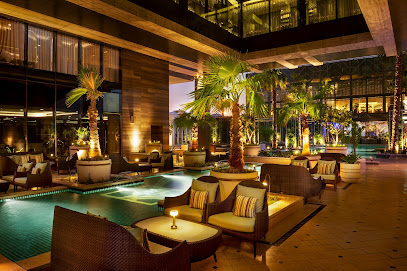
Cohiba Atmosphere Kuwait
Experience the luxury of Cohiba Atmosphere Kuwait, a premier lounge offering exquisite cigars and drinks in a sophisticated setting.
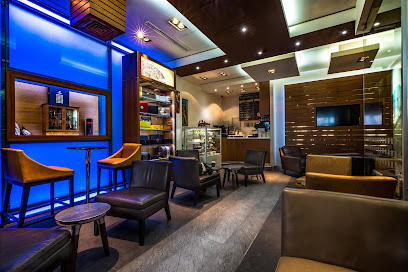
عالم المنعش
Experience the vibrant nightlife at عالم المنعش, a lively bar in Salmiya offering diverse drinks and an unforgettable atmosphere.
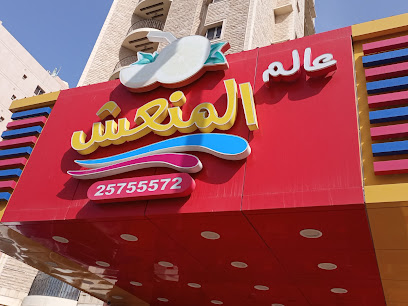
EIGHT BALL CAFE
Experience the vibrant atmosphere of EIGHT BALL CAFE in Salmiya, a stylish lounge perfect for relaxation and socializing.
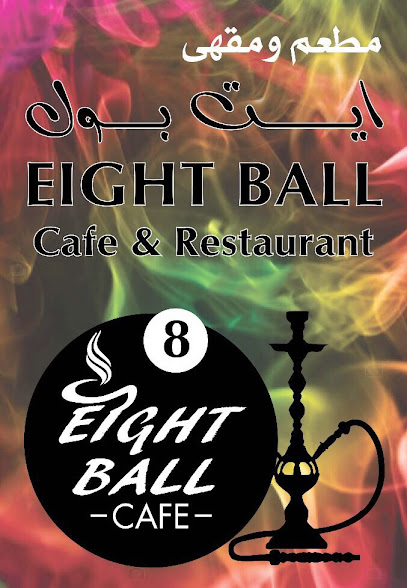
Jama
Discover Jama, the lively bar in Shuwaikh Industrial, renowned for its exquisite Cuban drinks and vibrant ambiance perfect for nightlife enthusiasts.
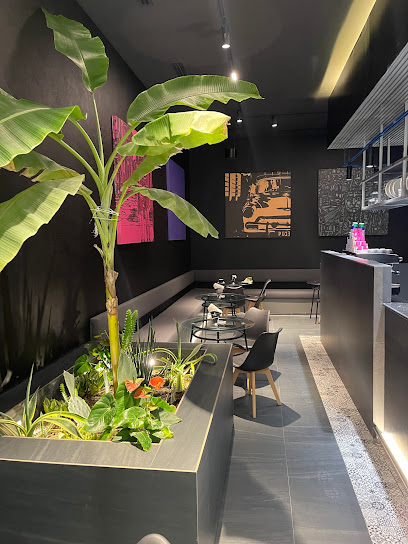
Kofe - Espresso Bar
Discover the aromatic world of coffee at Kofe - Espresso Bar, a must-visit café in Hawally, Kuwait, offering a delightful ambiance and exceptional brews.
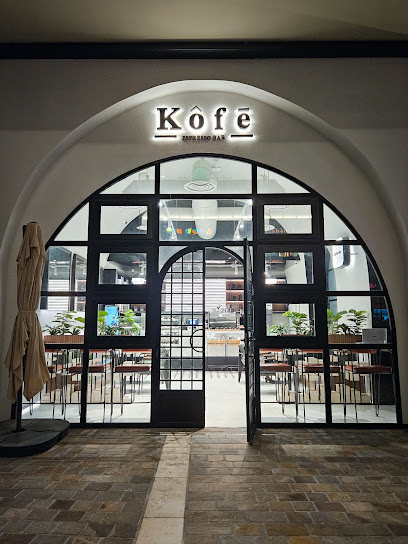
قصب العمدة
Experience the refreshing taste of unique ciders in a warm and inviting atmosphere at قصب العمدة in Hawally, Kuwait.
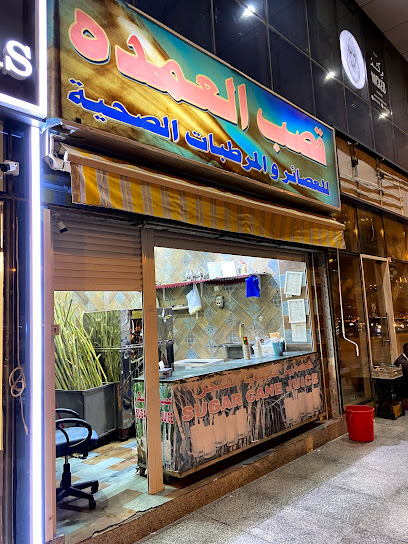
Local Phrases
-
- Helloمرحبا
[marhaban] - Goodbyeوداعا
[wadaeana] - Yesنعم
[naam] - Noلا
[laa] - Please/You're welcomeمن فضلك
[min fadlak] - Thank youشكرا لك
[shukran lak] - Excuse me/Sorryعذرا
[atharaan] - How are you?كيف حالك؟
[kayfa halak?] - Fine. And you?بخير. وأنت؟
[bi khayr. wa anta?] - Do you speak English?هل تتكلم الإنجليزية؟
[hal tatakallam al'inglizia?] - I don't understandلا أفهم
[laa afham]
- Helloمرحبا
-
- I'd like to see the menu, pleaseأريد رؤية القائمة، من فضلك
[urid ru'ya alqaimah, min fadlak] - I don't eat meatأنا لا أتناول اللحم
[ana la atnaul allahm] - Cheers!في صحتك!
[fi sahtak!] - I would like to pay, pleaseأود أن أدفع، من فضلك
[awad an adfae, min fadlak]
- I'd like to see the menu, pleaseأريد رؤية القائمة، من فضلك
-
- Help!النجدة!
[alnajdah!] - Go away!اذهب بعيدا!
[idhab baeedan!] - Call the Police!اتصل بالشرطة!
[atassil bialshurtah!] - Call a doctor!اتصل بطبيب!
[atassil bitabib!] - I'm lostلقد ضللت
[laqad dalalt] - I'm illأنا مريض
[ana mareed]
- Help!النجدة!
-
- I'd like to buy...أريد أن أشتري...
[urid an ashtari...] - I'm just lookingأنا فقط أتطلع
[ana faqat atatala] - How much is it?كم سعره؟
[kam saarah?] - That's too expensiveهذا غالي جدا
[haza ghali jiddan] - Can you lower the price?هل يمكنك خفض السعر؟
[hal yumkinuk khafdh alsar?]
- I'd like to buy...أريد أن أشتري...
-
- What time is it?كم الساعة؟
[kam alsaaah?] - It's one o'clockالساعة الواحدة
[alsaaah alwahidah] - Half past (10)النصف بعد (10)
[alnusf baed (10)] - Morningصباح
[subah] - Afternoonبعد الظهر
[baed aldhuhur] - Eveningمساء
[masaa] - Yesterdayالأمس
[al'ams] - Todayاليوم
[alyawm] - Tomorrowغدا
[ghadan] - 1واحد
[wahid] - 2اثنان
[ithnan] - 3ثلاثة
[thalathah] - 4أربعة
[arbaah] - 5خمسة
[khamsah] - 6ستة
[sittah] - 7سبعة
[sabahah] - 8ثمانية
[thamaniah] - 9تسعة
[tis'ah] - 10عشرة
[asharah]
- What time is it?كم الساعة؟
-
- Where's a/the...?أين هو/هي...؟
[ayn huwa/hiya...?] - What's the address?ما هو العنوان؟
[ma huwa al'anaan?] - Can you show me (on the map)?هل يمكنك أن تريني (على الخريطة)؟
[hal yumkinuk an tureeni (ala alkhareetah)?] - When's the next (bus)?متى يكون الحافلة التالية؟
[mata yukun alhafilat altaliat?] - A ticket (to ....)تذكرة (إلى ....)
[tathkirah (ila ....)]
- Where's a/the...?أين هو/هي...؟
History of Hawalli
-
Long before modern developments, the area now known as Hawalli was primarily a small fishing and pearling village. Its strategic location on the coast of the Persian Gulf made it an ideal spot for such activities. Early settlers took advantage of the bountiful marine resources and the fertile land, establishing a community that would slowly evolve over centuries.
-
The early to mid-20th century was a period of significant transformation for Hawalli. With the discovery of oil in Kuwait in 1938, the region saw rapid economic growth and urban development. Hawalli transitioned from a quiet coastal village to a bustling suburban district. Infrastructure such as roads, schools, and hospitals began to spring up, reflecting the newfound prosperity brought by the oil boom.
-
Hawalli became known as a cultural melting pot in the latter half of the 20th century, attracting expatriates from all over the world. This influx brought diverse cultures, traditions, and cuisines to the area. The district's vibrant multicultural atmosphere is evident in its variety of restaurants, shops, and community events, making it a unique blend of Kuwaiti and international influences.
-
Hawalli is renowned for its educational institutions. Home to numerous schools, colleges, and universities, the district has earned a reputation as an educational hub in Kuwait. Institutions such as the American University of Kuwait and the New English School have attracted students from across the region, contributing to the district's dynamic and youthful energy.
-
Today, Hawalli stands as one of Kuwait's most dynamic districts. It boasts a mix of residential, commercial, and recreational areas, with modern amenities and facilities. The district is known for its shopping centers, such as Al Othman Complex and Hawalli Park, as well as its parks and cultural centers. This modern infrastructure coexists with historical sites, creating a unique blend of old and new.
Hawalli Essentials
-
Hawalli is a district in the Kuwait Governorate of the same name. The nearest international airport is Kuwait International Airport (KWI), located approximately 20 kilometers away. From the airport, you can take a taxi or use a ride-hailing service to reach Hawalli, which typically takes around 20-30 minutes depending on traffic. Public buses are also available and are a cost-effective option, although they might take longer due to multiple stops.
-
Hawalli is well-connected by a network of roads and public transportation. Taxis and ride-hailing services like Uber and Careem are widely available and convenient. Public buses operated by the Kuwait Public Transportation Company (KPTC) run throughout the district and are an economical option for getting around. Renting a car is also a viable option if you prefer flexibility, but be aware of local driving conditions and traffic regulations.
-
The official currency in Kuwait is the Kuwaiti Dinar (KWD). Credit and debit cards are widely accepted in hotels, restaurants, and shops. ATMs are readily available throughout Hawalli for cash withdrawals. It is advisable to carry some cash for small purchases or in places where card payments are not accepted.
-
Hawalli is generally a safe area for tourists. However, as with any travel destination, it is important to remain vigilant. Avoid walking alone at night in secluded areas and keep an eye on your belongings in crowded places. While crime rates targeting tourists are low, it is always best to stay aware of your surroundings and take standard precautions.
-
In case of emergency, dial 112 for immediate assistance, which connects you to police, fire, and medical services. The local police station and medical facilities are available in Hawalli. It is recommended to have travel insurance that covers medical emergencies. Pharmacies are also available for over-the-counter medications. For medical emergencies, the Mubarak Al-Kabeer Hospital is a well-equipped facility in the area.
-
Fashion: Do dress modestly, especially in public places. Avoid wearing revealing clothing. Religion: Do respect local customs and traditions, and be aware that Kuwait is a conservative Muslim country. Public Transport: Do be polite and respectful on public transport. Avoid eating or drinking on buses. Greetings: Do greet people with a handshake. Men should avoid shaking hands with women unless the woman extends her hand first. Eating & Drinking: Do try local Kuwaiti cuisine and accept food offerings graciously. Don't consume alcohol in public places, as it is illegal in Kuwait.
-
To experience Hawalli like a local, visit the Hawalli Park for a relaxing day out with family or friends. Engage with locals in the many cafes and restaurants, where you can enjoy traditional Kuwaiti dishes. Shopping in the local souks (markets) is a must for authentic souvenirs and a taste of the local culture. Don't miss visiting key cultural sites such as the Tareq Rajab Museum and the National Library of Kuwait for a deeper understanding of the area's history and heritage.
Trending Landmark in Hawalli
-
Kuwait Towers
-
Al Shaheed Park
-
Boulevard Park
-
Sheikh Abdullah Al Salem Cultural Centre
-
Jaber Al-Ahmad International Stadium
-
The Scientific Center
-
Hawally Park
-
Sheikh Jaber Al-Ahmad Cultural Centre
-
Liberation Tower
-
Grand Mosque of Kuwait
-
Green Island
-
ibis Kuwait Salmiya
-
Holy Family Cathedral
-
Bayan Palace
-
Bait Al Othman Museum
Nearby Cities to Hawalli
-
Things To Do in Salmiya
-
Things To Do in Kuwait City
-
Things To Do in Farwaniya
-
Things To Do in Sabah Al-Salem
-
Things To Do in Mangaf
-
Things To Do in Ahmadi
-
Things To Do in Fahaheel
-
Things To Do in Jahra
-
Things To Do in Basra
-
Things To Do in Amara
-
Things To Do in Al Jubail
-
Things To Do in Dammam
-
Things To Do in Al Khobar
-
Things To Do in Budaiya
-
Things To Do in Saar



